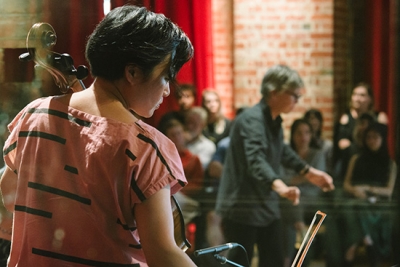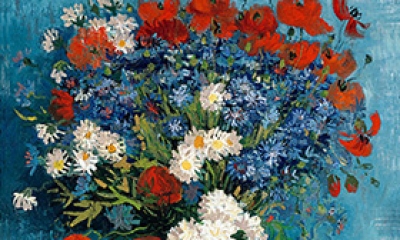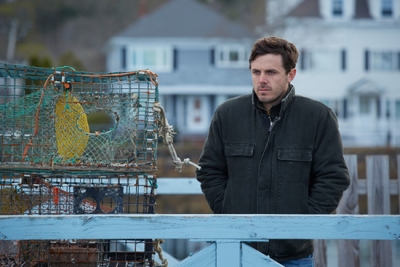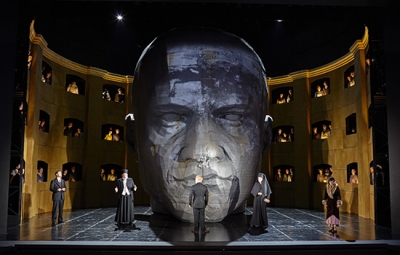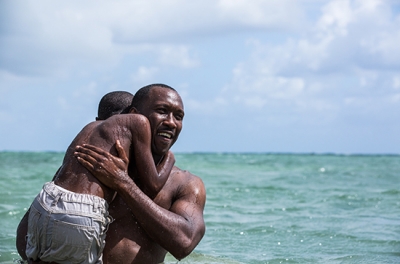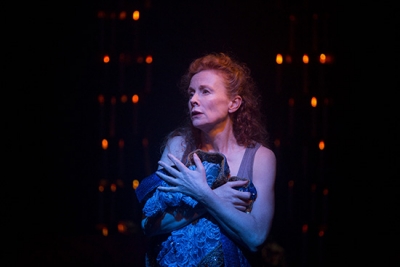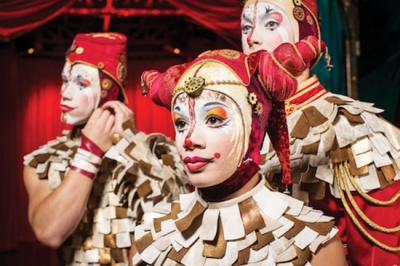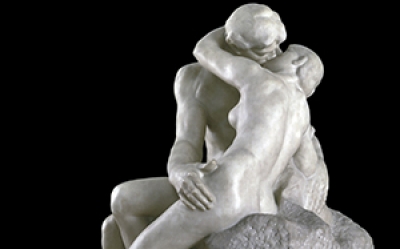Arts
Film | Theatre | Art | Opera | Music | Television | Festivals
Welcome to ABR Arts, home to some of Australia's best arts journalism. We review film, theatre, opera, music, television, art exhibitions – and more. To read ABR Arts articles in full, subscribe to ABR or take out an ABR Arts subscription. Both packages give full access to our arts reviews the moment they are published online and to our extensive arts archive.
Meanwhile, the ABR Arts e-newsletter, published every second Tuesday, will keep you up-to-date as to our recent arts reviews.
Recent reviews
It seems fitting that the co-opted electrical substation in Newport, Melbourne should be the site of an enterprising arts space. Formerly it was used to generate electricity for Victorian Railways (it fell into disrepair in the 1960s). Perhaps some residual energy still pulses through the concrete lattice ...
... (read more)The Flick, Ozflix, Van Gogh in Australia, Stravinsky at the SSO, Lion Roars, AYO's sixtieth anniversary, theatre and film giveaways ...
... (read more)Aman steers a fishing vessel through grey-blue seas off the coast of wintry Massachusetts, while another man chats with a young boy in a life jacket. The camera keeps its distance, the three figures aboard the boat framed by a wide horizon, but we soon perceive that the boy is son to the man at ...
... (read more)It was a job worthy of William himself: not only the ambitious scale of the project, but the speed with which it was completed. In just seven years, between 1958 and 1964, Argo Records, with the Marlowe Dramatic Society, released the complete works of Shakespeare in forty box-set LPs ...
... (read more)Within the Australian context, any allusion to King Roger would be taken by most to be an admiring soubriquet for the Swiss tennis maestro who, as it happens, won through to the quarter finals of the Australian Open while this review was being written. But while Melbourne is in thrall to the ...
... (read more)There is a striking scene early on in Barry Jenkins’s Moonlight that sums up the whole film. It is dusk and the sun is about to set on a Miami Beach. A young African American boy and his mentor sit by the sea and watch the ebb and flow of the ocean in the dwindling light. Having just run away ...
... (read more)The opening scene of the The Testament of Mary sets the tone of this excellent production and dramatises brilliantly Colm Tóibín’s radical reassessment of Mary as the Mother of God. Elizabeth Gadsby’s dark marble set, bordered by a red velvet rope, holds one empty chair, one ...
... (read more)Perth Writers' Festival, A new art and design publishing prize, Jaipur in Melbourne, Cirque du Soleil in Melbourne, The Long String Instrument, and film giveaways ...
... (read more)Nude: Art from the Tate collection (Art Gallery of New South Wales)
There is an underlying theme to Nude: Art from the Tate collection: the tussle between the desire to connect humanity to mythology by shrouding our naked forms in grand narratives, and the will to see human nudity both objectively and subjectively, but most importantly as entirely our own ...
... (read more)For the first third of this film, you would be forgiven for thinking you were back under the influence of the Italian neorealists: largely non-professional actors in a realistic milieu; themes of poverty and deprivation; a child at the centre of the action. That it takes place in India only heightens the ...
... (read more)

